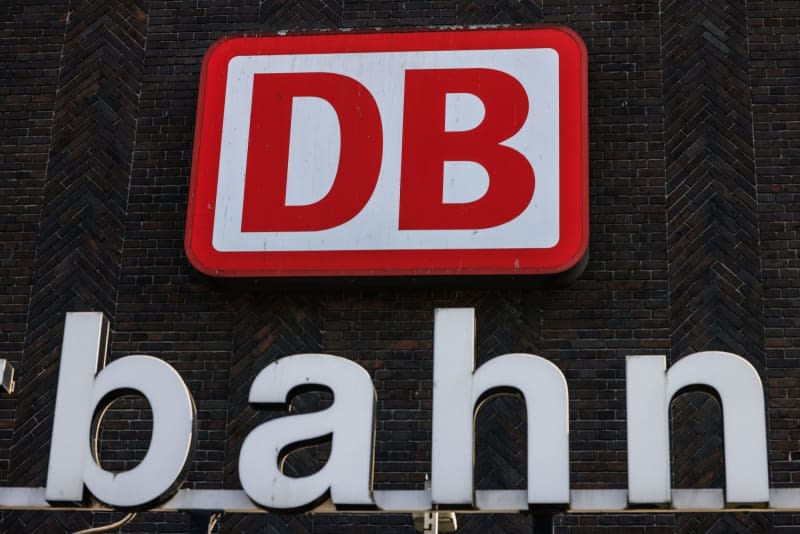Germany’s chemical industry is warning of the economic consequences of the repeated strikes by the train drivers’ union GDL in an ongoing dispute with state-owned railway operator Deutsche Bahn.
“Such actions will put a further heavy burden on Germany’s already ailing economy. We simply can no longer afford a standstill on the railways,” Wolfgang Große Entrup, head of the German Chemical Industry Association (VCI), told dpa on Monday.
He appealed to those involved to “finally find a workable compromise after months of negotiations.”
On Sunday, the GDL called for a strike affecting long-distance, regional and freight transport for 24 hours.
In passenger transport, the strike is to begin on Tuesday at 2 am (0100 GMT) and last for 24 hours. The strike in freight transport is set to begin on Monday at 6 pm.
For the chemical and pharmaceutical industry, the rail strikes announced “without sufficient warning” once again represent a major logistical challenge, the VCI head said.
“The restrictions and delays in rail logistics caused by the strike are difficult to compensate for,” said Große Entrup.
The railways are very important for the industry when it comes to supplying raw materials and shipping intermediate and finished products.
On a daily average, German chemical companies transport around 155,000 tons of chemicals, 23,000 tons of which is transported by rail, the VCI said based on figures for 2022.
Credit: Source link




